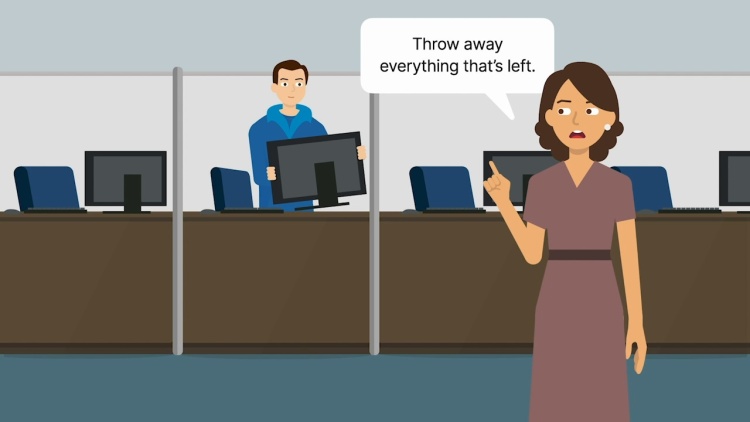TAL Financial Corp. v. CSC Consulting, Inc.
Massachusetts Supreme Judicial Court
844 N.E.2d 1085 (2006)
- Written by Craig Conway, LLM
Facts
TAL Financial Corporation (TAL) (plaintiff), a finance company that specialized in extending credit to small companies, entered into a contract to lease computer hardware, telephone equipment, software, and office furniture to Onward, a start-up company engaged in website development. The agreement consisted of a master lease and three schedules listing all of the equipment along with a liquidated damages provision that allowed TAL to recover “an amount equal to the present value of all amounts to be paid by Onward” during the remaining lease term plus 18 percent of the total costs TAL expended to purchase the equipment. Thereafter, CSC Consulting, Inc. (CSC) (defendant) acquired Onward and assumed responsibility for all outstanding contracts in Onward’s name. However, CSC was not aware of the contract with TAL and, consequently, failed to pay according to the agreement and sold or discarded most of the leased equipment. Thereafter, TAL filed suit against CSC for breach of contract and argued that CSC’s failure to return the leased items constituted a default entitling TAL to liquidated damages of $112,156 which included the remaining rental payments and 18 percent of the equipment’s acquisition costs. CSC argued the liquidated damages provision constituted an unreasonable penalty and was unenforceable. The trial court agreed and held for CSC. TAL appealed.
Rule of Law
Issue
Holding and Reasoning (Greaney, J.)
What to do next…
Here's why 899,000 law students have relied on our case briefs:
- Written by law professors and practitioners, not other law students. 47,000 briefs, keyed to 994 casebooks. Top-notch customer support.
- The right amount of information, includes the facts, issues, rule of law, holding and reasoning, and any concurrences and dissents.
- Access in your classes, works on your mobile and tablet. Massive library of related video lessons and high quality multiple-choice questions.
- Easy to use, uniform format for every case brief. Written in plain English, not in legalese. Our briefs summarize and simplify; they don’t just repeat the court’s language.





